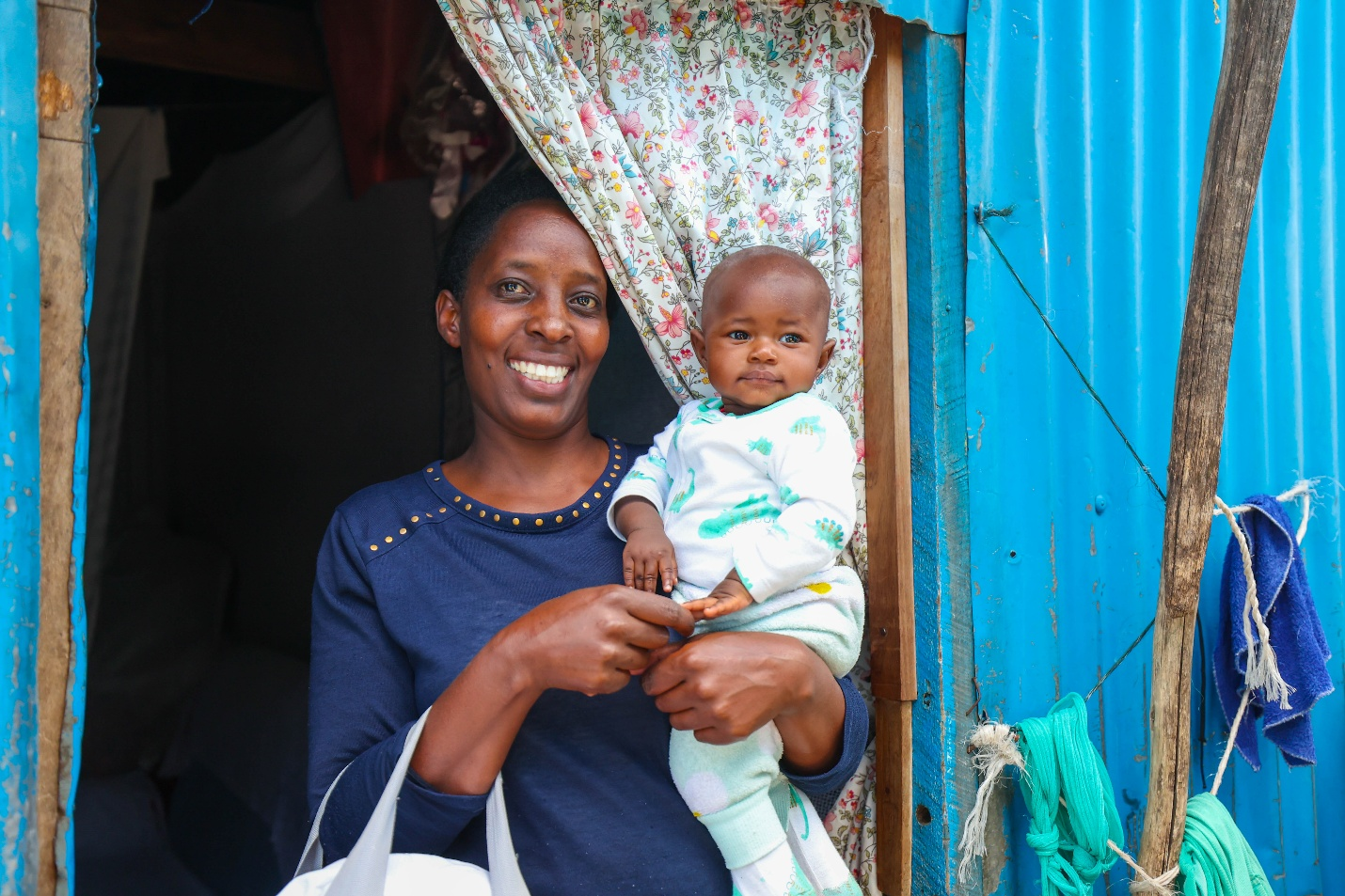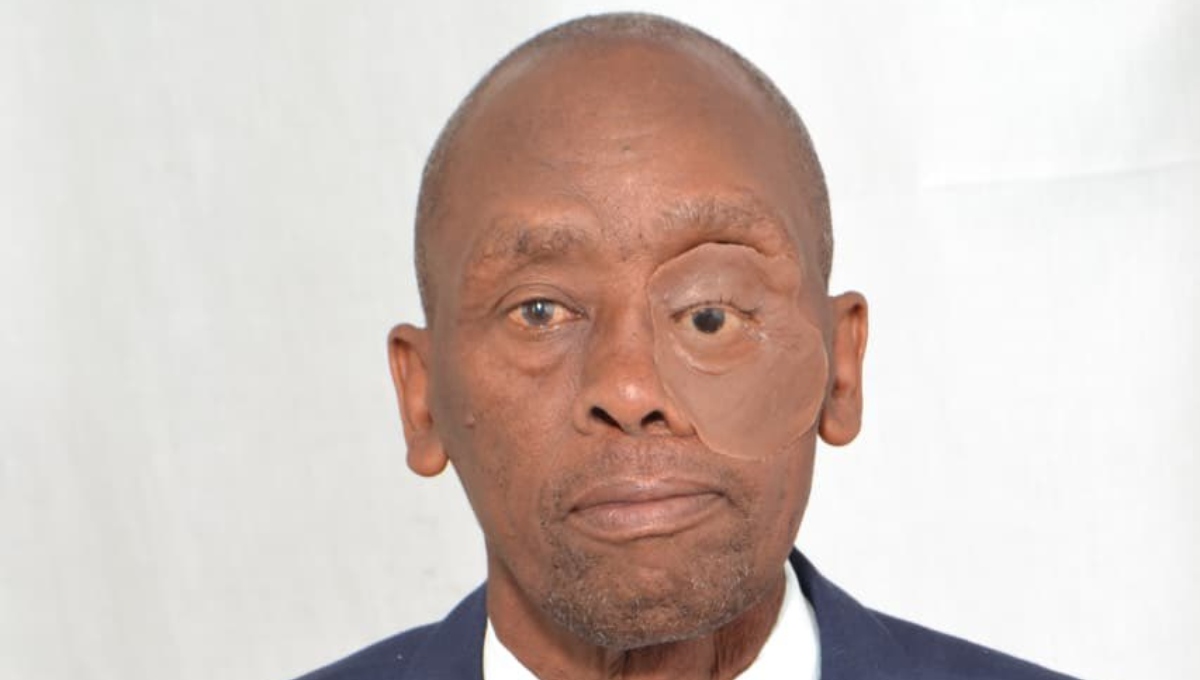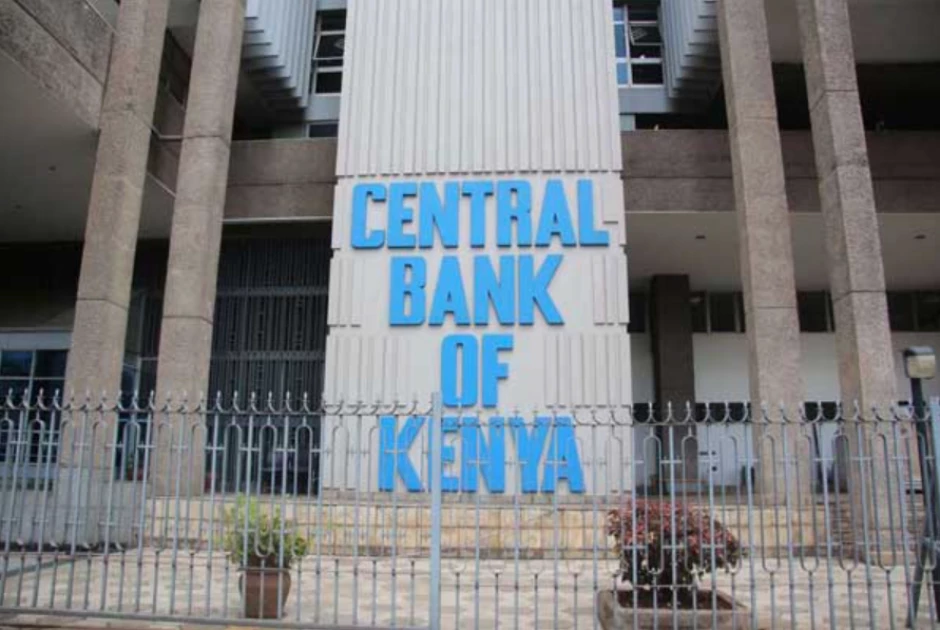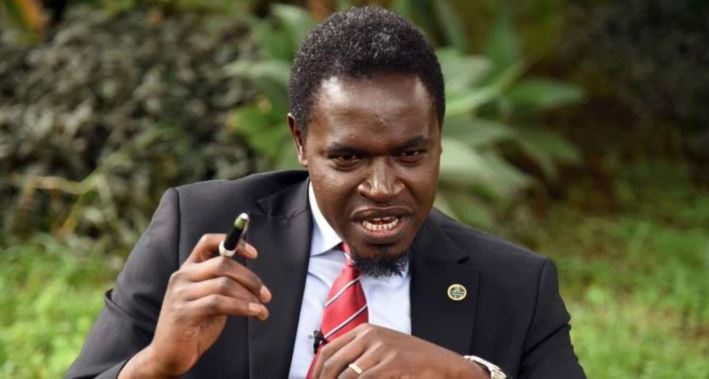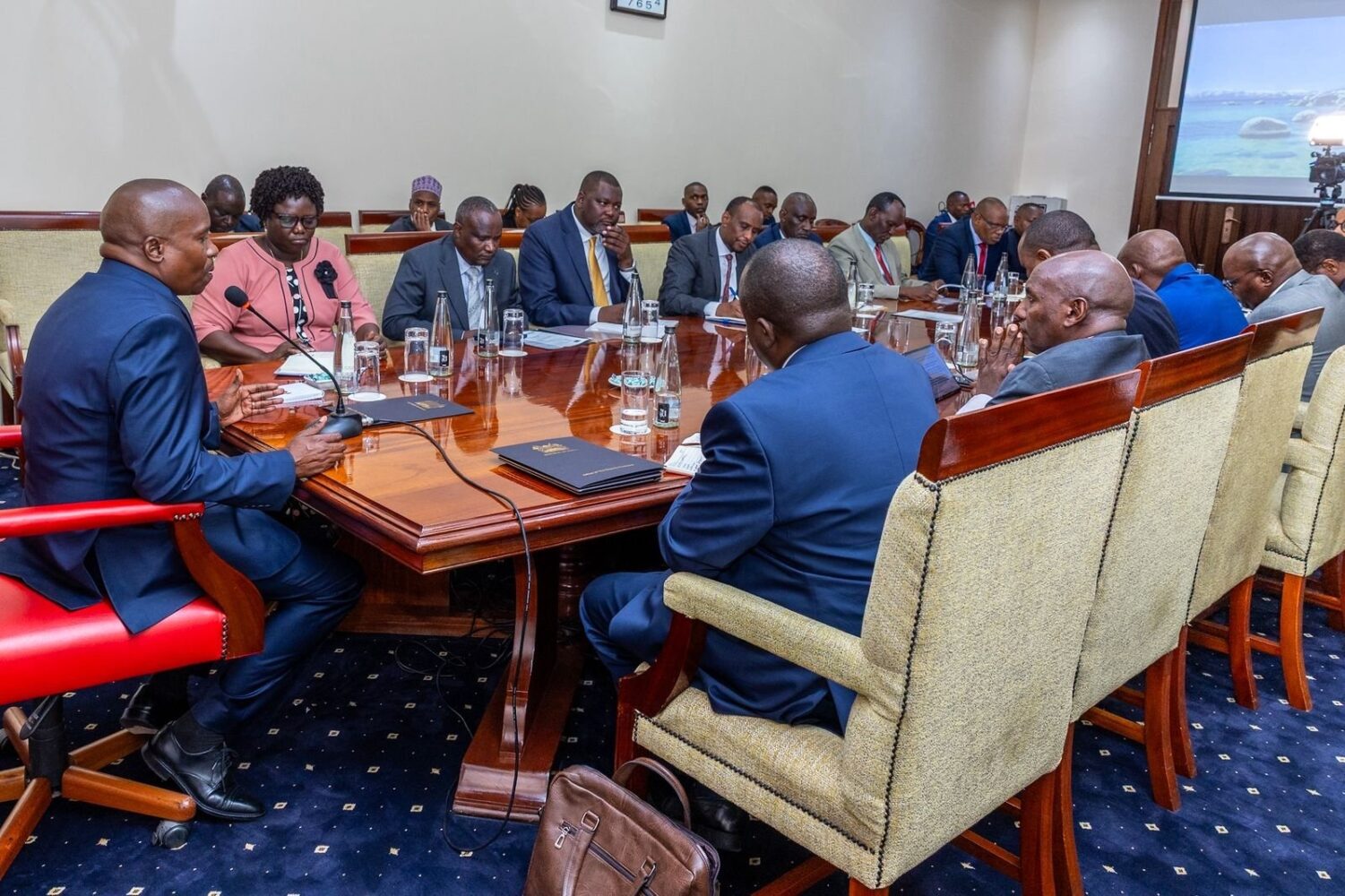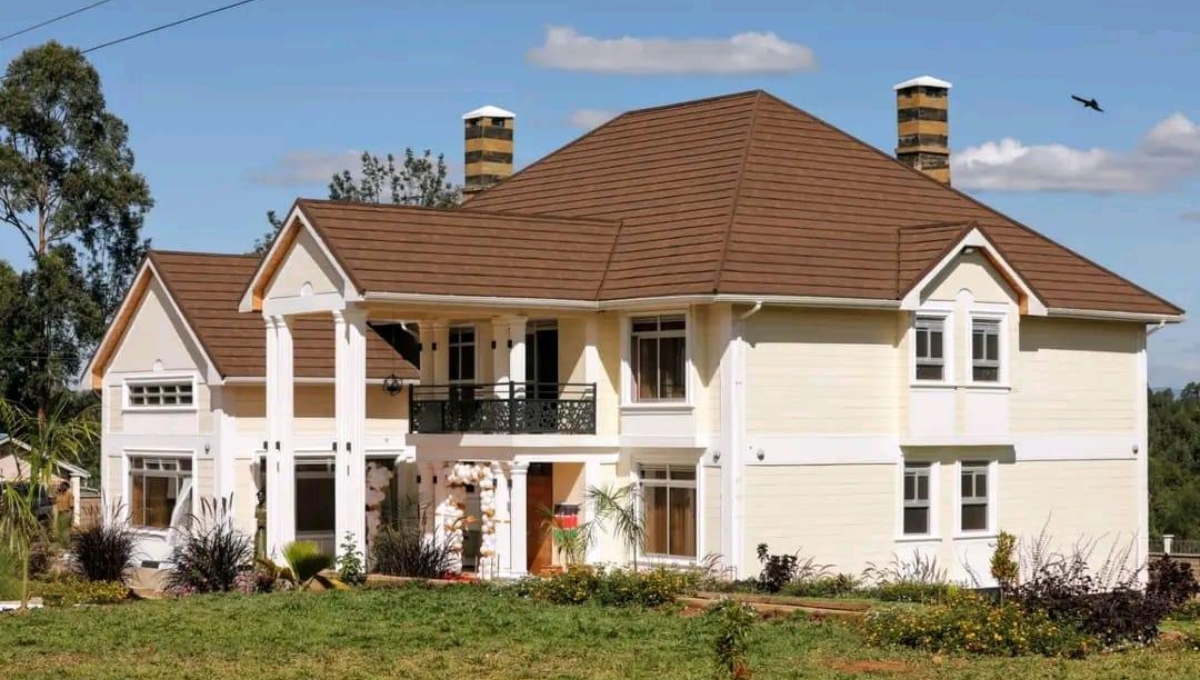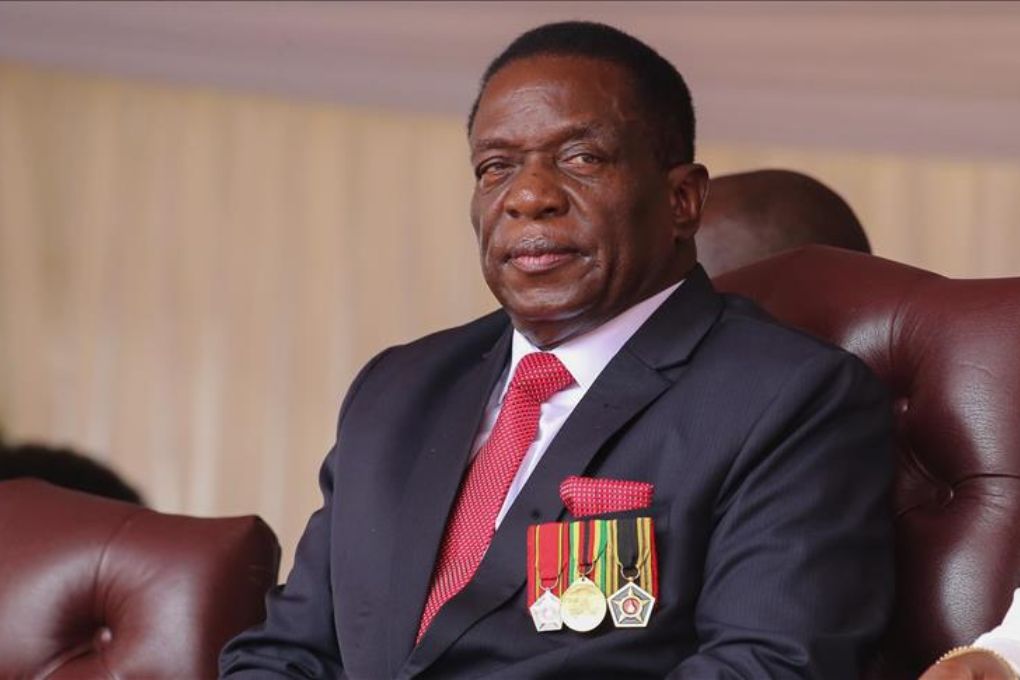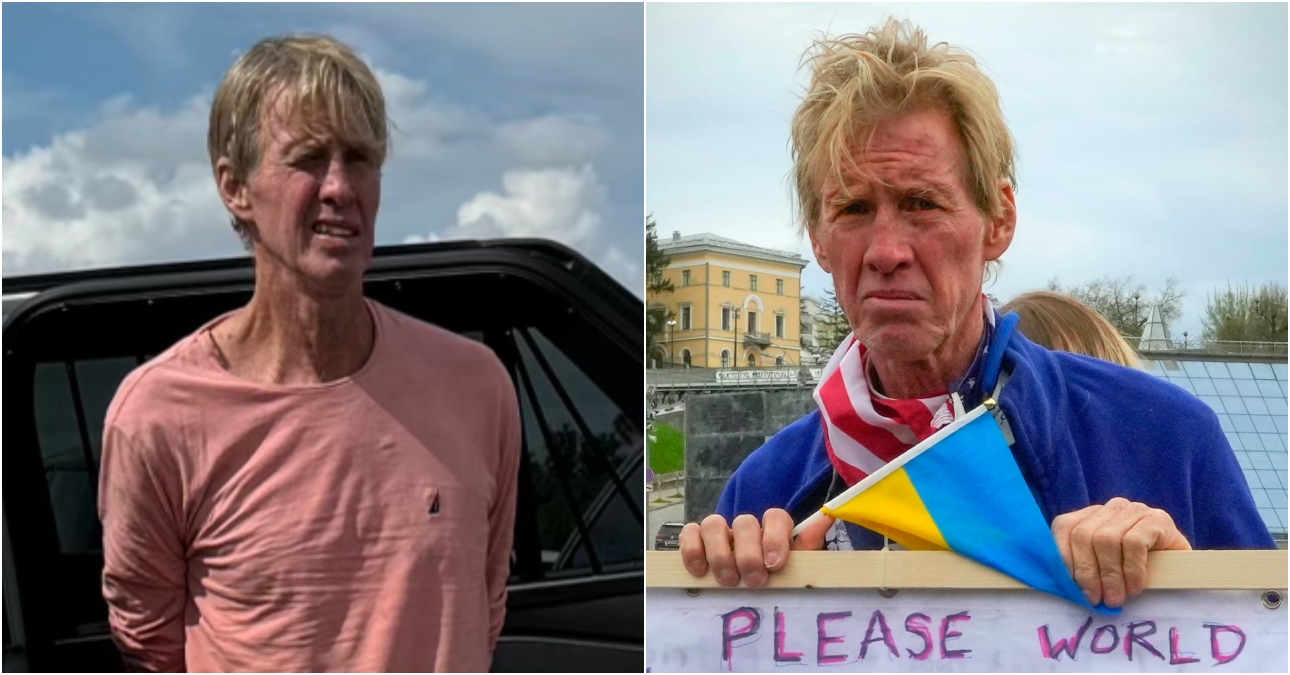When Magdalyne Wangari first set foot in Riara village in Mukuru kwa Njenga’s in 2009, she thought life in what many refer to as Kijiji, would be temporary, a stepping stone. What she did not expect was to spend the next 15 years raising her five children in a place where the walls of their home were made of iron sheets and the dangers felt permanent.
Now, that chapter is finally closing. Magdalyne is preparing to move into a home she can truly call her own, one with solid walls, running water, and a door that opens into a future, not just another day of survival.
For over a decade, Magdalyne’s family endured life in a cramped structure, a home that offers little protection from the harsh elements of weather and even less from danger.
“The houses here are made of mabati,” she explains. “If one catches fire, it spreads very quickly. Sometimes, the fire is caused by children left unattended and playing with gas or candles. Once it starts, it affects everyone around.”
“We fetch water from a tap outside,” she says. “When it is available, we pay five shillings per jerrycan. When there is a shortage, the price doubles. Sometimes, we go for two days without water. If you do not boil or treat it, you fall sick.”
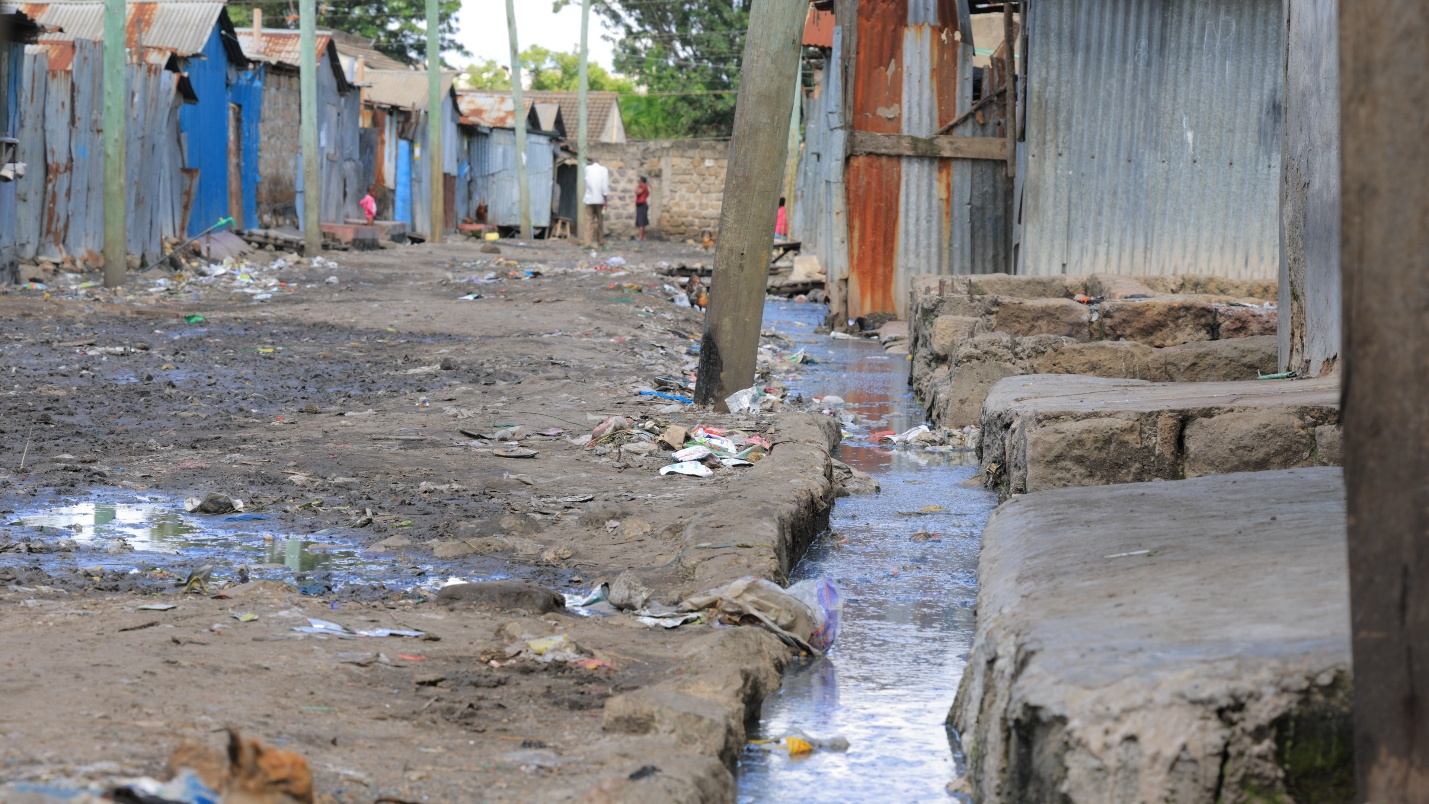
Every month, Magdalyne parts with ]5,000 shillings, not for comfort, but for survival. She rents two separate mabati rooms in Mukuru kwa Njenga: one for herself, and one for her five children.
“My older children are in high school and need privacy,” she says. “They are growing, and I want to give them dignity, even in this setup.”
It is far from ideal, but necessary. The cramped iron-sheet walls offer no insulation from the cold or noise. Privacy is thin, and dignity comes at a steep emotional cost. But Magdalyne has always done what it takes to protect her children’s sense of worth, even if it meant splitting an already tight budget. Looking up at the dim glow of a flickering bulb, she explains how electricity is yet another daily battle.
“I pay 500 shillings every month, but still, we are often in the dark,” she says. “Like last night, we have been without power since evening. Sometimes we use candles or our phone flashlights. It is especially hard when the kids are trying to study.”
Outside, safety is no guarantee either. With no security lights and narrow, unpaved alleys, walking to or from work at odd hours comes with real risk.
“If you leave at 5 a.m. or get back late, you risk being mugged,” she says. “You are on your own out here.”
Still, through all of it, the darkness, the fear, the water shortages, Magdalyne never gave up hope. She held on, believing that someday, something better would come.
When news of the Affordable Housing Programme broke, many in her community brushed it off as political rhetoric. But Magdalyne chose to believe.
“People scoffed. They said it was just another promise that would never come true,” she recalls. “But I registered on the Boma Yangu portal and followed every step. Then one day, I got a message, I had made it. I was filled with joy.”
After 15 years of renting tin-walled rooms in a place where the future felt uncertain, Magdalyne is finally stepping into something she has never had before: security, privacy, and more importantly she says , she is joining the list of home owners in Kenya.
The Mukuru project is part of the government’s Bottom-Up Economic Transformation Agenda (BETA), which aims to uplift low-income Kenyans by giving them access to affordable, dignified housing.
The Affordable Housing Board has indicated the price list as follows; for those earning Ksh 20,000 and below, a deposit assistance and flexible repayment terms are provided at 10 %of the unit’s value. A studio apartment for example is valued at Ksh 640,000, but through subsidies, beneficiaries will pay just Ksh 3,494 per month.
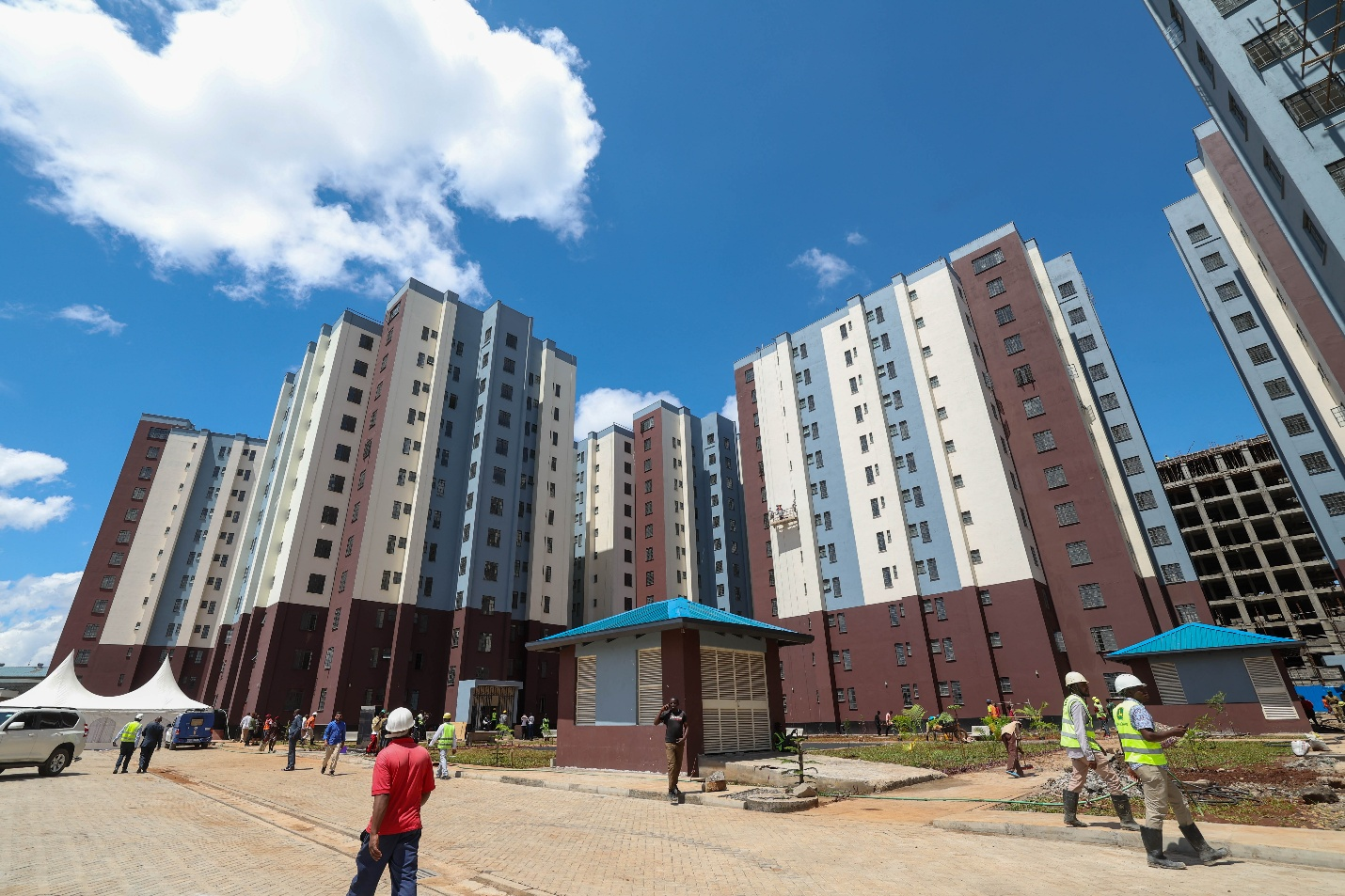
The Mukuru Met Site development features over 13,250 housing units, ranging from 26 blocks of studio apartments to 24 blocks of two-bedroom flats. Each unit is supported by essential infrastructure, including proper stormwater drainage, sewerage systems, shared courtyards, and designated parking spaces.
As the first batch of residents prepares to receive their keys from President Ruto, Magdalyne is overcome with gratitude and quiet optimism.
“I feel happy,” she says, her face brightening. “My children will finally grow up in a place they can be proud of. Even after I’m gone, they’ll have a home they can truly call their own.”


